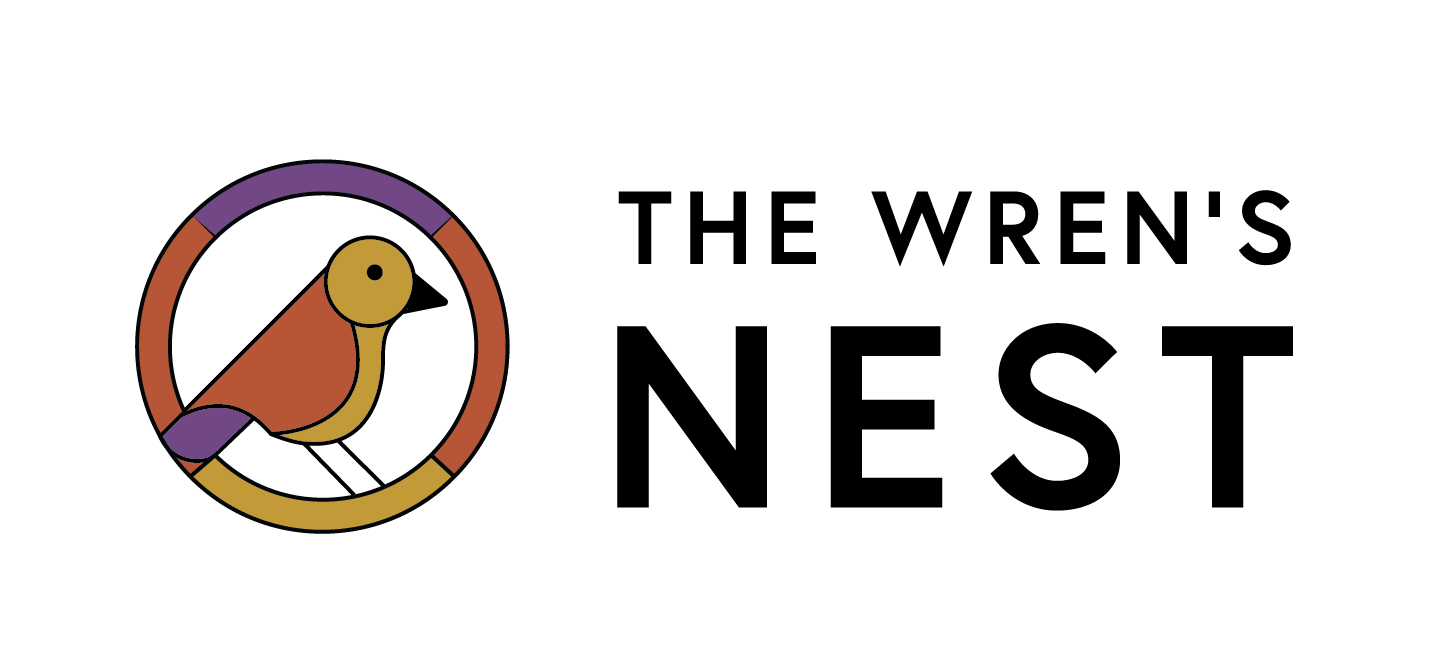John Lewis and the Wren’s Nest
There’s so much history at the Wren’s Nest that it’s easy to forget some of it. Former Executive Director Sue Gilman reminded us late last week, for instance, that the late John Lewis was once a member of our advisory board. Really?
Lewis, the veteran congressman and hero of the voting rights struggle of the 1960s, will be memorialized this week at Martin Luther King Jr.’s Ebenezer Baptist Church and then laid to rest in Atlanta’s Southview Cemetery. The congressman was a great friend of the arts in his adopted hometown, and we’re happy to say that the Wren’s Nest was indeed one of the organizations that benefitted from his counsel.
Lewis joined the advisory board during a transitional period for the Wren’s Nest. While the house museum had been desegregated by a federal court order in 1968, it remained unwelcoming to African Americans through the 1970s. The institution didn’t really change until a new board intent on opening it up took over in 1983.
The new management recruited board members and advisory members committed to making the Wren’s Nest get with the times, including three notable Black leaders: Fulton County Commission Chairman Michael Lomax; the Rev. Ralph David Abernathy, the civil rights legend and pastor of the next-door West Hunter Street Baptist Church; and Lewis, then an Atlanta city councilman.
“We knew we needed to open ourselves up to the community,” remembers Madeline Reamy, executive director from 1984 to 1987.
In a 1985 article, United Press International asked Lewis why he was involved in rehabbing the home and reputation of Joel Chandler Harris, the creator of Uncle Remus.
“Whether or not we agree with everything Harris did, said and wrote, he was a historical figure,” he explained. “His house is history. Some people want to destroy the past, or revise it. But I think we should preserve it. We can learn from it.”
Lewis was elected to Congress the following year, and his stature only grew over the coming decades.
Of all the reasons we have to honor the memory of John Lewis, his thoughtful regard for the Wren’s Nest and its complicated legacy is a minor one. But remember it we will. Thank you, Congressman Lewis. We are honored that you are part of our history.
